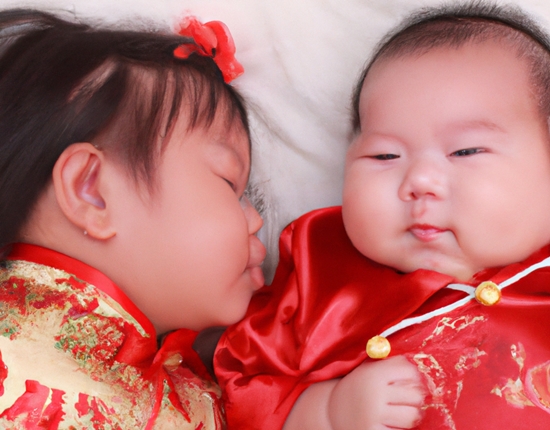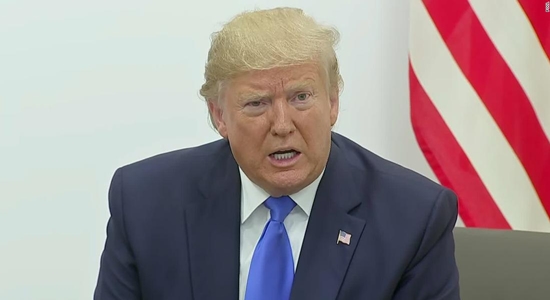
Did China’s announcement in 2016 that it would let couples have two children instead of just one—a policy that lasted until 2021, when the maximum was changed to three children—mean “an across-the-board relaxation of a policy that had caused tremendous suffering among the Chinese people”?
Steven Mosher wasn’t convinced. In 2017, the scholar of modern China published an update on the Chinese government’s enforcement policies at his Population Research Institute website.
Not only do forced abortions in China continue, but also the levels of coercion are actually higher today than in the recent past….
While every couple in China is now allowed a second child four years after the birth of their first, other restrictions have not been relaxed. Among other things, the Planned Birth Policy forbids out-of-wedlock births and childbearing without permission—even if it is a couple’s first child. So women who violate these rules are still being hunted down and, when found, [forced to have an abortion] and sterilized.
In fact, they are being hunted down even more vigorously than before. In part, this is because you have more population control police chasing down fewer illegally pregnant women….
[O]ver the past four decades, China’s population control police have lived large off the suffering of the people….
With the new blanket two-child policy, part of their income has dried up. So they are beating down the doors of couples that they suspect of violating the new policy in an increasingly desperate effort to bolster their shrinking salaries.
In 2021, in response to slowing population growth, the Chinese government increased the number of children that families may have from two to three, then announced, according to the state news agency Xinhua, that it would “no longer charge a fine for couples who violate the family planning law to have more children than they are allowed.”
If the wording of the announcement is accurate, the implication is that the three-child limit is still in place but simply not being enforced. Great—until the next time the Chinese government decides that China has too many people.





